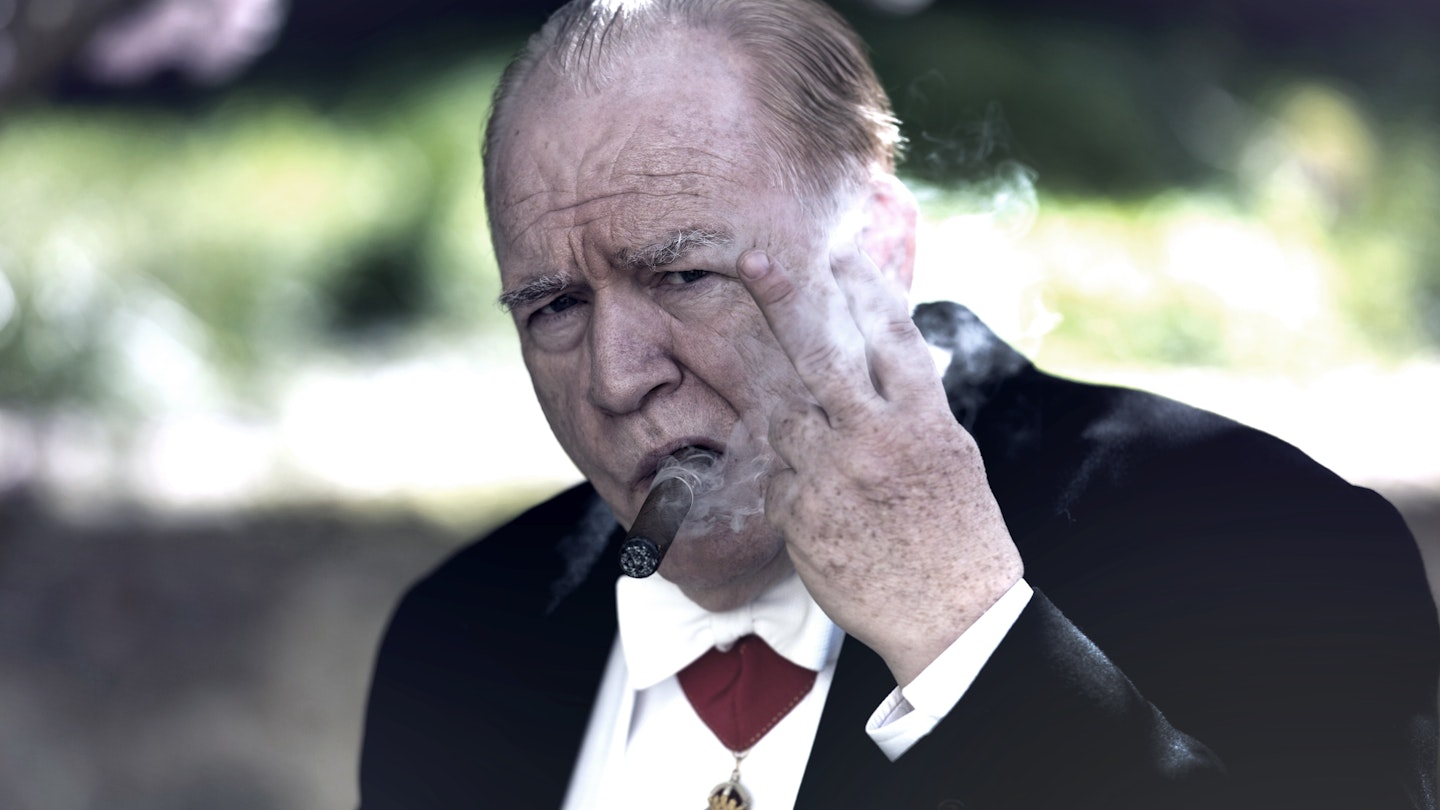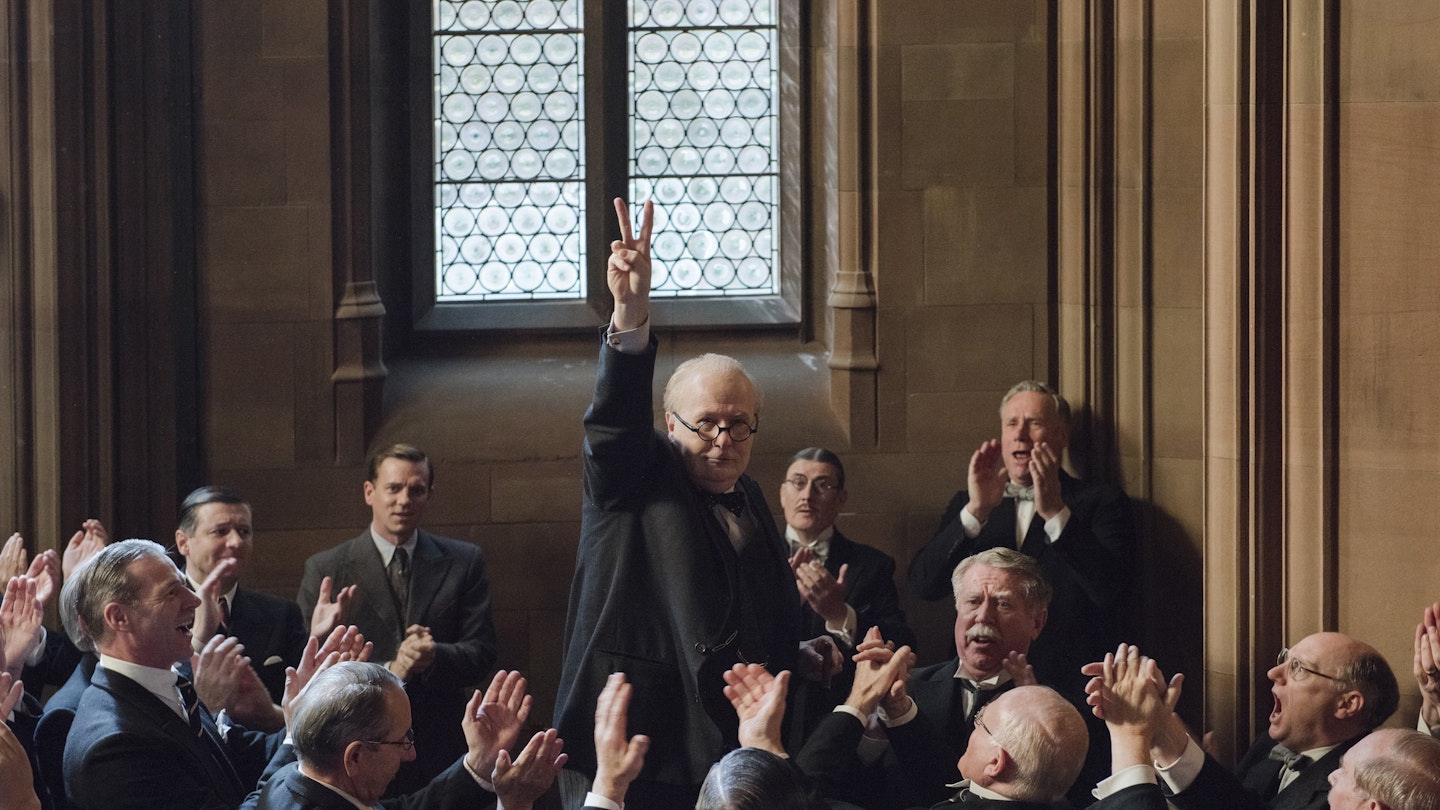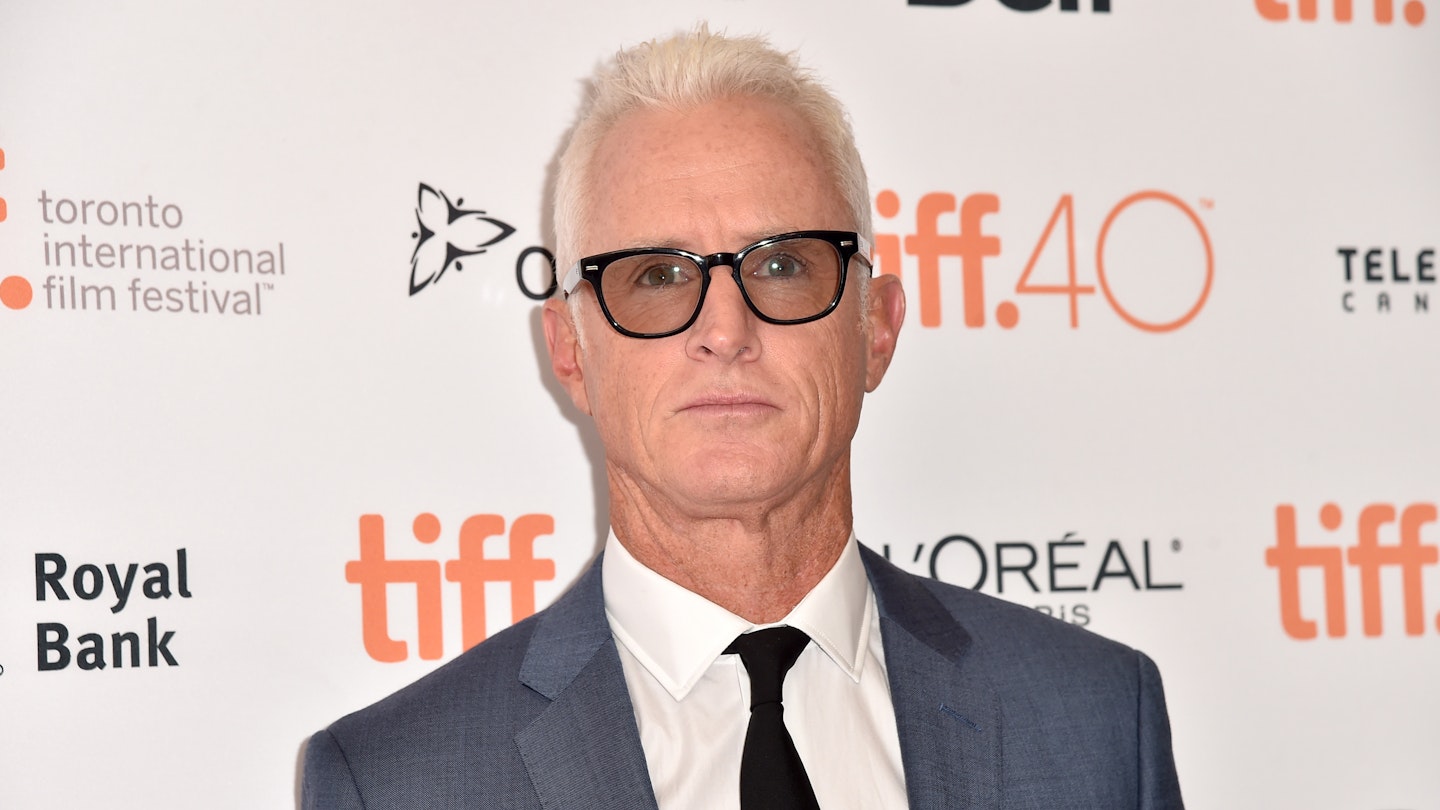The list of on-screen Churchills is long, distinguished… and growing rapidly. John Lithgow and Michael Gambon both added themselves last year. And 2017 sees Gary Oldman and Brian Cox taking their turns at playing Britain’s famous leader. Cox is first to cinemas in the directly named Churchill. But the portrayal of its title character is anything but straightforward.
The accepted view of Winston Churchill is of a war hero, integral in planning the D-Day landings that ultimately swung the conflict in the Allies’ favour. Jonathan Teplitzky’s film does not subscribe to that opinion. Instead, Churchill is presented past his prime, battling demons and depression, and — most provocatively — dead-set against Operation Overlord, the assault on the French coastline.
The film is about the difference between the man and the icon.
The film covers the few days before the landings. Churchill is a man alone, appealing to everyone he can think of — from General Eisenhower (John Slattery) to George VI (James Purefoy) — to stop, as he sees it, the inevitable carnage that will follow. He’s haunted by the past — the landings at Gallipoli during World War I that led to the deaths of 44,000 Allied soldiers. He believes Overlord will be a repeat of that tragedy, a tragedy for which he feels responsible.
But obviously we know what happens. And with the benefit of historical knowledge (spoiler: the D-Day landings were a success) it’s a strange experience to watch Churchill as he does his best to sabotage the plans. We follow his endeavours, knowing he’ll fail at every turn, but relieved and oddly pleased when he does.
Ultimately, then, the film is about the difference between the man and the icon. The man we witness in close-up, yelling at his secretary Helen (Ella Purnell) and subordinates with spittle flying from his mouth. The icon is presented in long shots, an instantly recognisable hunched figure with a hat and cane silhouetted against the sky or a window. It’s not a character assassination as such — the film shows his struggles with depression and that his dissent was coming from a place of concern for many thousands of young lives — but it does argue he was of waning use as a military strategist. “Brooke and Eisenhower and Monty are fighting this war and you just keep getting in their way,” his wife Clemmie (Miranda Richardson) says to chastise him at one point.
Where Churchill excels is with Brian Cox’s performance. Rarely off screen, his Churchill is a real person, never the caricature that so many bad impressions and car insurance adverts would make it easy to slip into. And, in Miranda Richardson, he has the perfect counterpoint. Her Clemmie is level-headed and good-humoured, but biting when she needs to be — the only one who Winston can be cowed by.
It’s in their scenes together that we get the greatest understanding of Churchill’s motives. But, understanding them and agreeing with them are different things. We’re still left with a hero we want to see fail.



